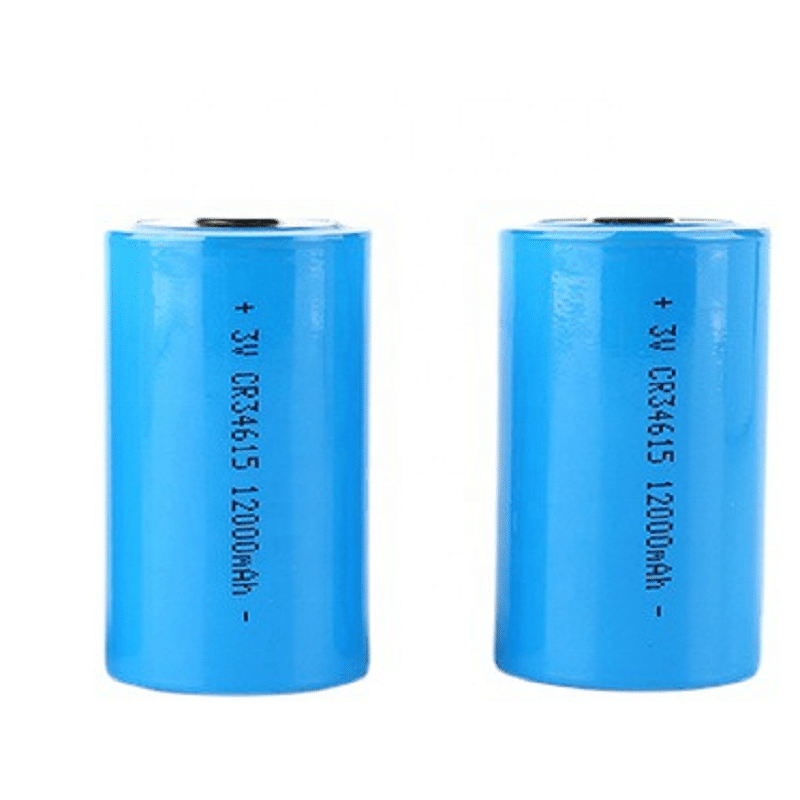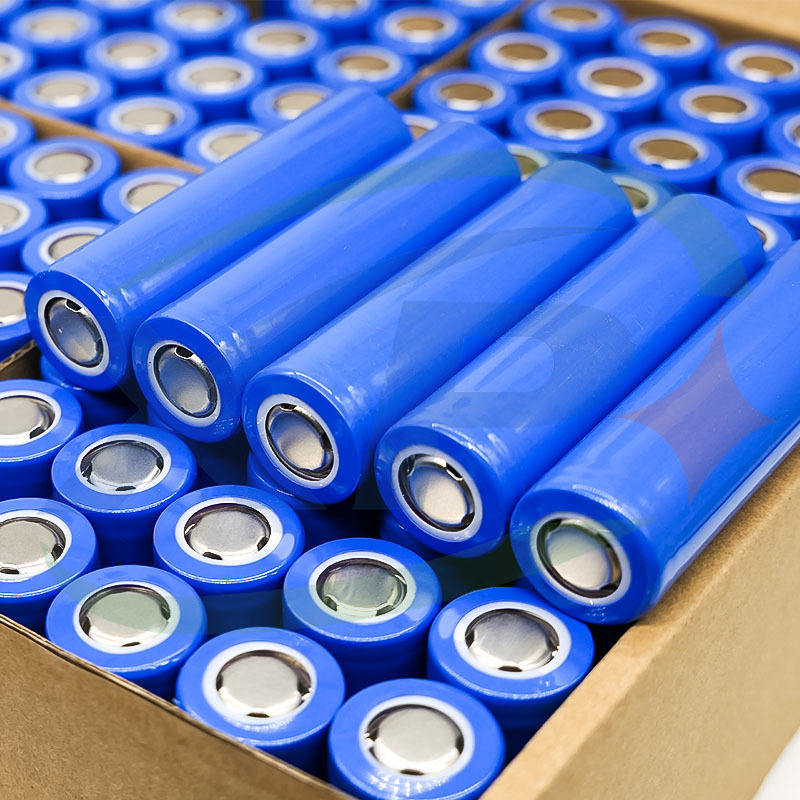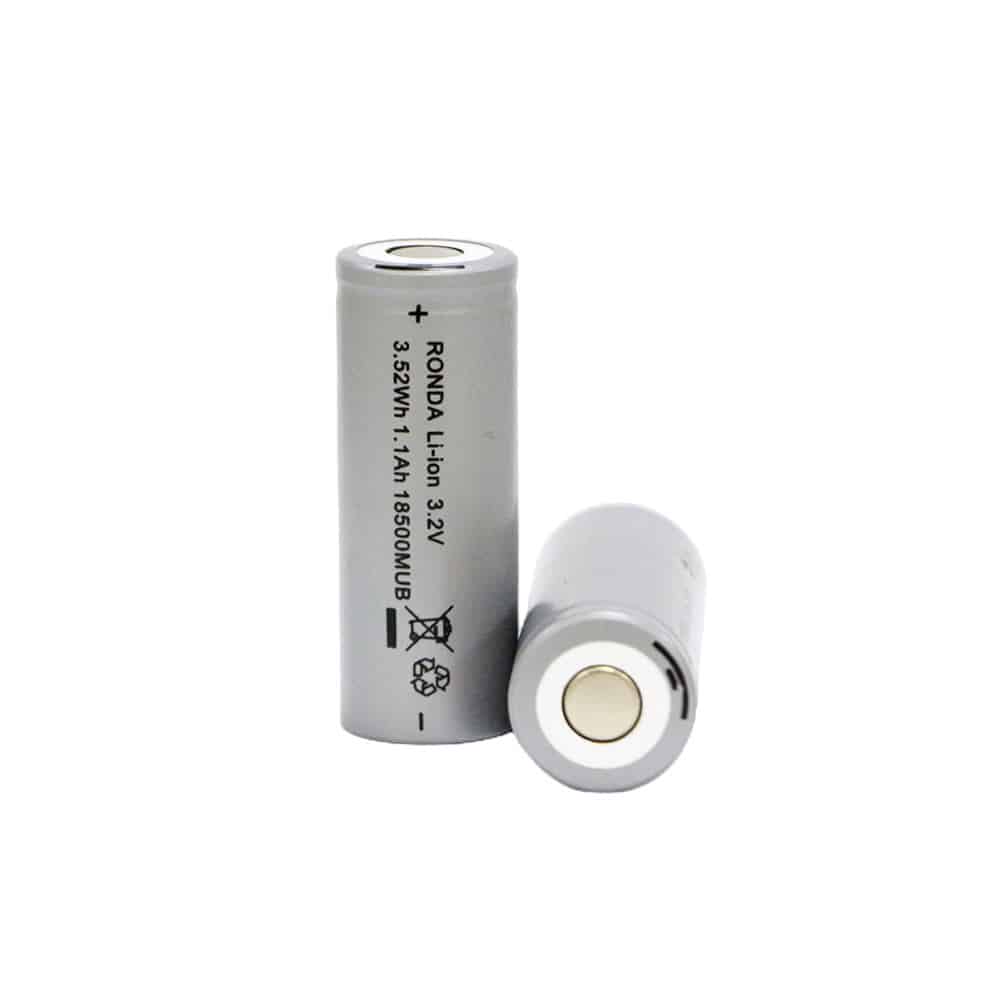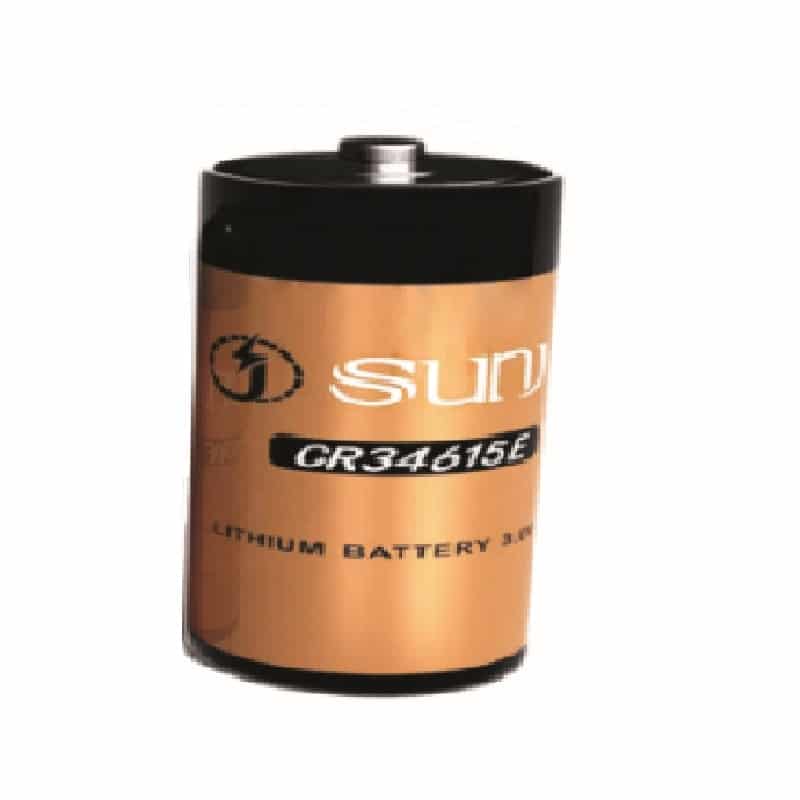Precautions for maintaining lithium batteries
Although lithium batteries have undergone multiple inspections and safety tests in the production process, lithium is a metal that is particularly prone to chemical reactions, and can alter the structure and performance of finished batteries during transportation, storage and handling, and storage environments, leading to problems such as expansion, short circuits, and combustion. In order to avoid unnecessary losses and safety hazards, Weishang Technology has made the following requirements for the management of lithium battery warehouses:
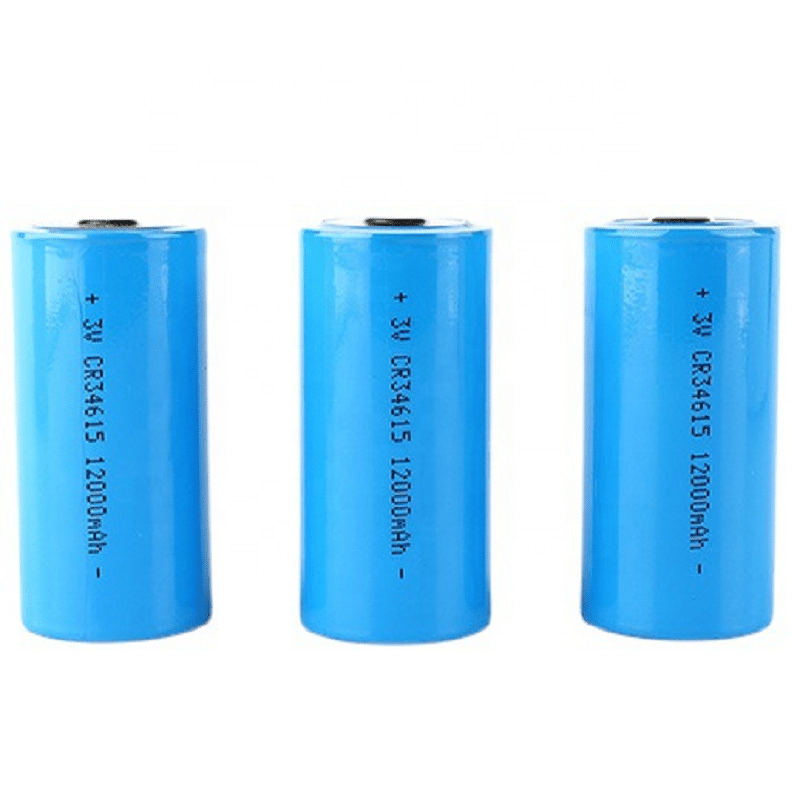
1、 Basic requirements
(1) The lithium battery storage warehouse must comply with fire safety requirements. It is recommended to have brick walls physically separated, and the warehouse must use enclosed, explosion-proof, or other corresponding safety electrical lighting equipment.
(2) Places for storing flammable and explosive materials should be equipped with sufficient variety and quantity of fire-fighting equipment, and they should always be in good condition. (Halon or sol fire extinguishers are more effective when a small amount of lithium batteries catch fire, while it is best to use water to extinguish a large amount of lithium batteries. A decrease in temperature can prevent the battery from self igniting.)
(3) After transportation, adjusting the warehouse, and other handling, it is necessary to check the outer packaging of lithium batteries for any problems such as sharp objects piercing, falling, and squeezing deformation, as lithium batteries may undergo internal structural changes and become unstable under piercing, squeezing, and other conditions.
(4) Due to the characteristics of lithium batteries, it is best to store them in a temperature range of 18-25 degrees Celsius.
(5) Humidity requirements: Effectively control warehouse humidity to avoid prolonged exposure to extreme humidity (relative humidity above 90% or below 40%).
(6) In places with lithium batteries, smoking, welding, and other activities with open flames must be strictly prohibited.
(7) It is prohibited to store lithium batteries and other flammable and explosive materials in the same warehouse.
(8) Maintain a safe and unobstructed passage in the warehouse to prevent accumulation of debris.
2、 Storage requirements:
(1) Batteries should be stored in a well ventilated, dry, and cool place. High temperature and humidity may damage battery performance and/or corrode battery surfaces and circuits. At the same time, it can also make the battery packaging box soft and deformed, thereby losing its protective effect on the battery and causing it to be squeezed.
(2) The battery cardboard box should not be stacked above the specified height. If the stacking is too high, the batteries in the bottom cardboard box may deform and leak.
(3) Batteries should be avoided from storage or display in direct sunlight or areas that may be exposed to rain. If the battery is soaked, the insulation resistance will decrease, and self discharge and rusting may occur. An increase in temperature may damage the battery, and the storage life of the battery will significantly decrease when the ambient temperature exceeds 60 degrees Celsius.
(4) It is prohibited to remove packaging such as cardboard boxes and pallets from lithium batteries and stack them together, as this may cause short circuits and damage to the batteries
(5) It is prohibited to place other items that may cause short circuits in the same packaging as lithium batteries, such as wires, screws, other metal products, etc.
3、 Handling requirements:
(1) When handling materials, regardless of the type of handling tool used, it should be handled properly to prevent materials from falling or being damaged.
(2) When handling materials, consideration should be given to issues such as load, stacking, and directionality.
(3) Battery cardboard boxes should be handled with care. Rough handling may cause short circuits or damage to the battery, leading to leakage, explosion, or fire.
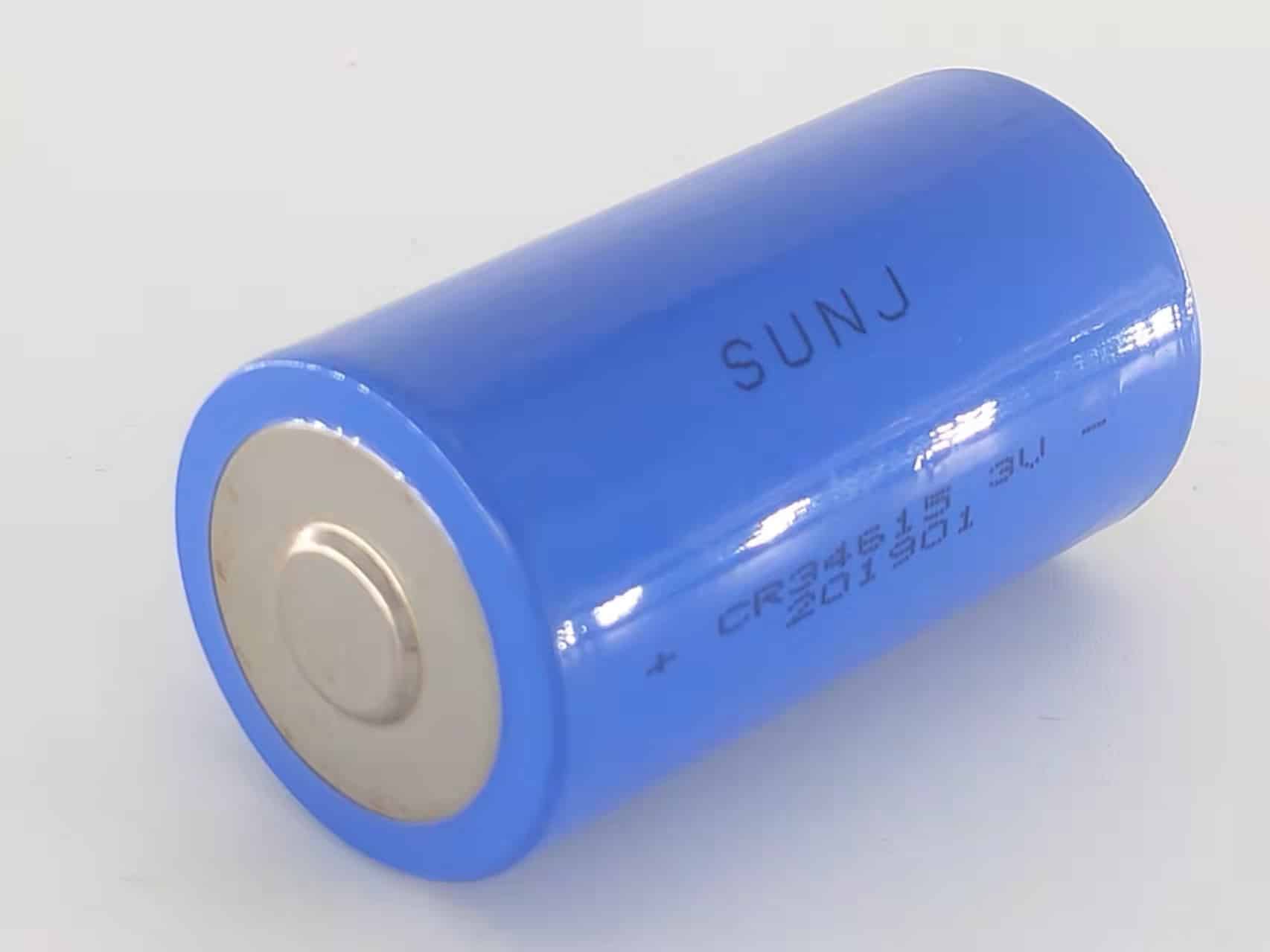
4、 Processing requirements
When lithium batteries must be destroyed due to destructive testing, natural damage, and other reasons, please refer to the following methods.
(1) Lithium (primary) batteries can be treated as public waste, provided that they do not conflict with local regulations.
(2) Do not disassemble or squeeze the lithium battery.
(3) Do not use fire to handle batteries except for using approved controllable stoves.
(4) Please do not attempt to recycle metal raw materials from lithium batteries without professional equipment and technology, as this may cause danger.

